Nous sommes Charlie!
“Nobody has the right to not be offended. That right doesn’t exist in any declaration I have ever read. If you are offended it is your problem, and frankly lots of things offend lots of people. I can walk into a bookshop and point out a number of books that I find very unattractive in what they say. But it doesn’t occur to me to burn the bookshop down. If you don’t like a book, read another book. If you start reading a book and you decide you don’t like it, nobody is telling you to finish it. To read a 600-page novel and then say that it has deeply offended you: well, you have done a lot of work to be offended.”
Salman Rushdie
It is necessary to make some comment pursuant to the apalling atrocity perpetrated yesterday in Paris. Many thoughts rush through one’s mind and most are perhaps best left unspoken until there has been a chance for quiet contemplation. Naturally the first and most important of these are for the families and other loved ones of those who have been cruelly assassinated.
There is – however – one thing that must be said – and must be repeated again and again:
There is no right not to be offended – whether that offence be religious, political, idealistic – or indeed anything else.
Amongst the articles of the Universal Declaration of Human Rights are enshrined these inalienable rights:
Article 3.
- Everyone has the right to life, liberty and security of person.
Article 18.
- Everyone has the right to freedom of thought, conscience and religion; this right includes freedom to change his religion or belief, and freedom, either alone or in community with others and in public or private, to manifest his religion or belief in teaching, practice, worship and observance.
Article 19.
- Everyone has the right to freedom of opinion and expression; this right includes freedom to hold opinions without interference and to seek, receive and impart information and ideas through any media and regardless of frontiers.
There is absolutely no right to – nor can there be any possible justification for – the taking of a human life in response to any offence whatsoever!


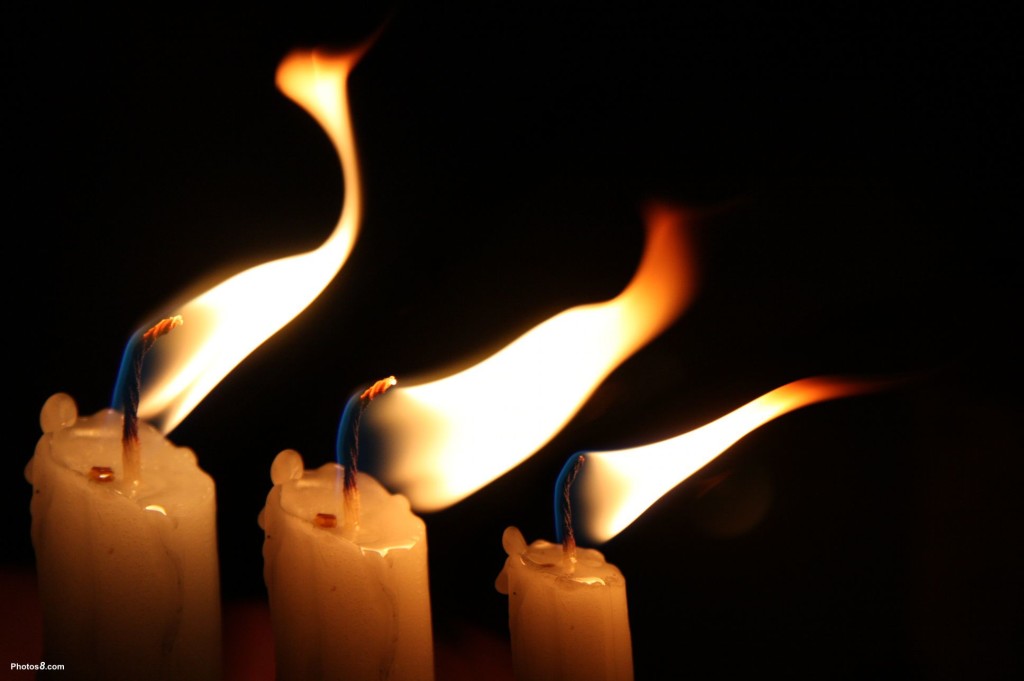
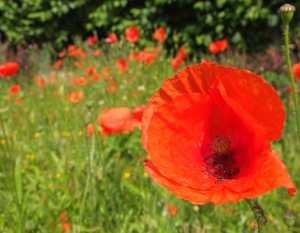

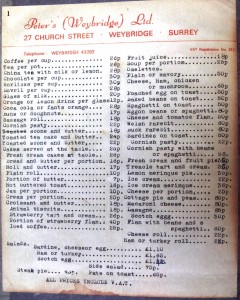
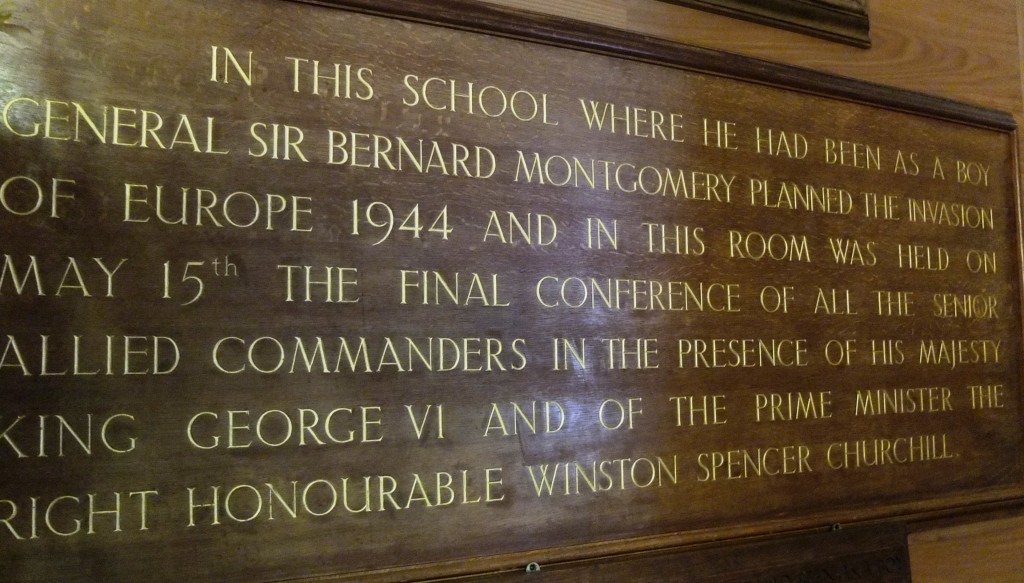
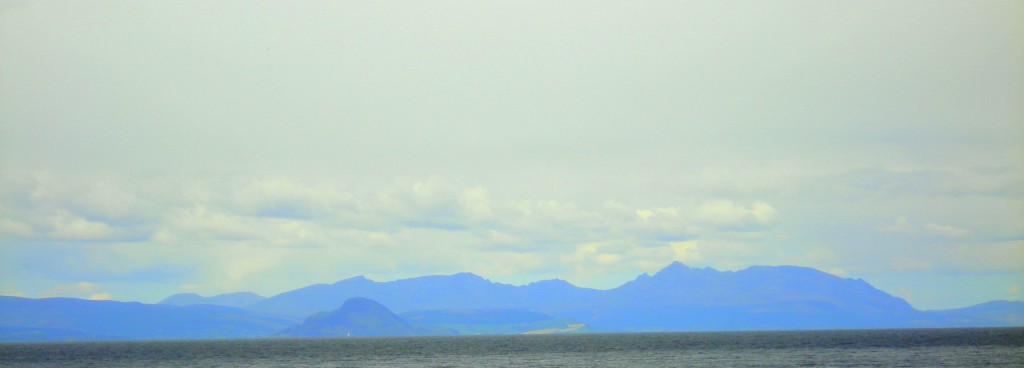
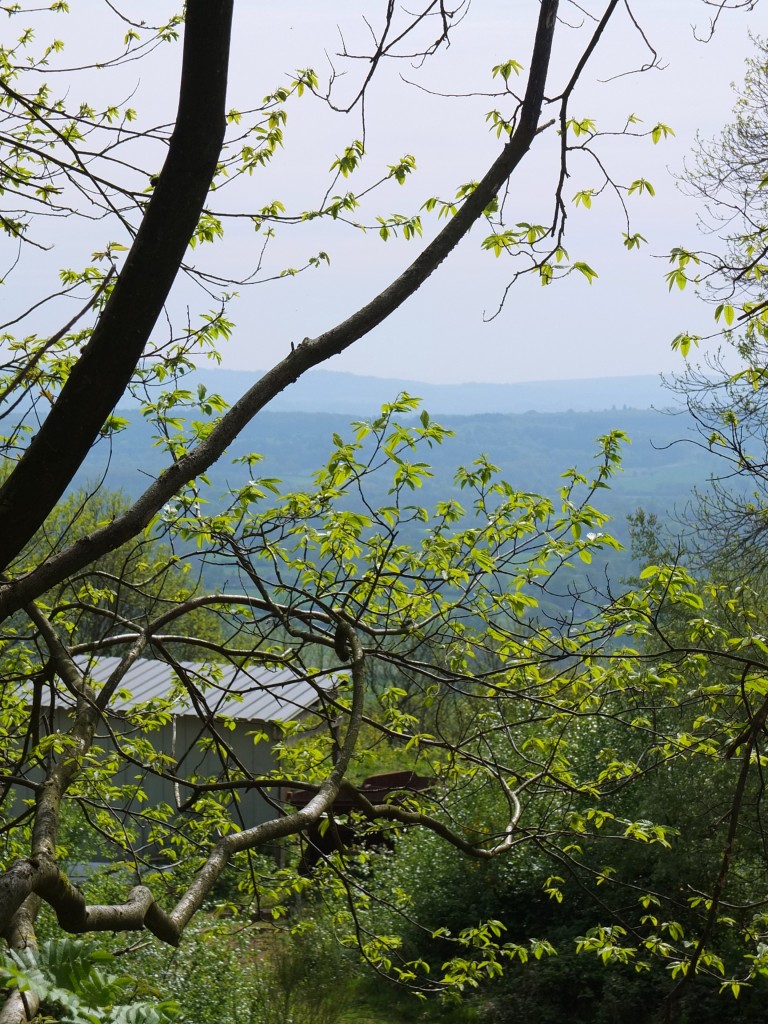
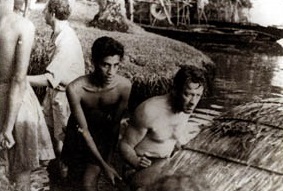

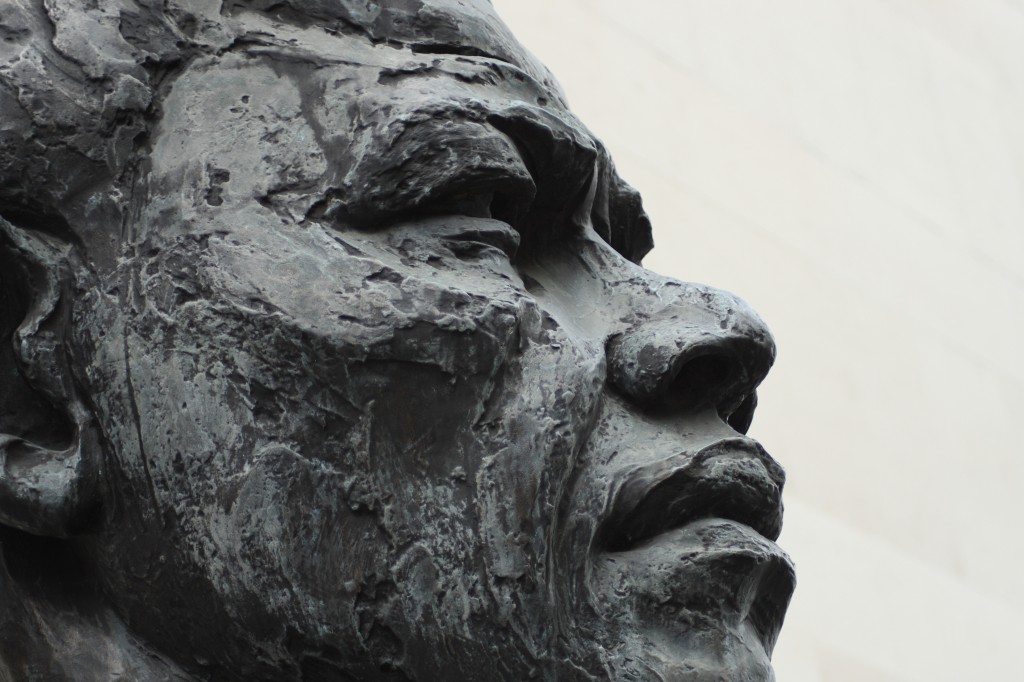
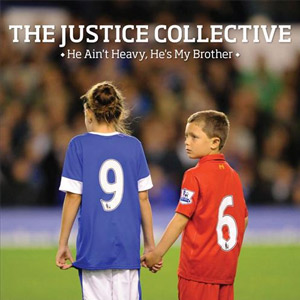


Recent Comments